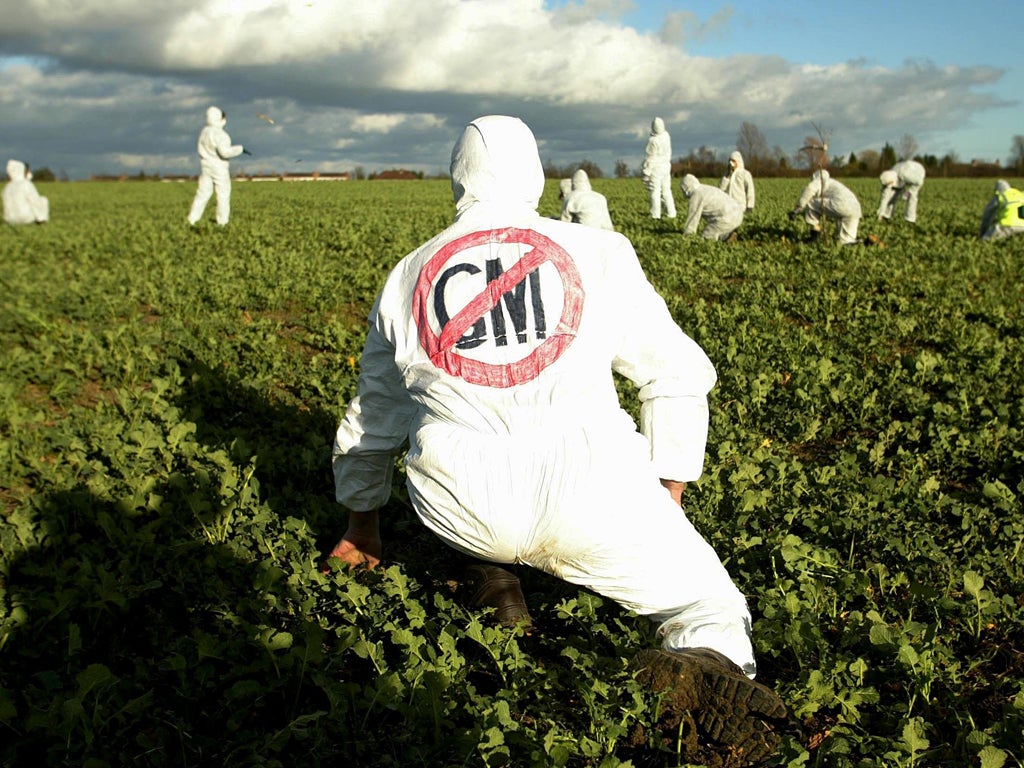Amol Rajan: The Daily Mail, GM food, and the dangers of precaution
Faith in the precautionary principle is inhumane,
counter-productive and extremely risky

An exquisitely stupid 'news' report in yesterday's Daily Mail began thus: "Scientists have unveiled a genetically modified cow whose milk they claim is healthier, triggering fresh alarm over the growth of 'Frankenstein foods'". It quoted Dr Helen Wallace of Genewatch: "As with all GM technology, there is potential for unintended consequences".
What actually happened is worthy of an international long weekend. Over to the Sydney Morning Herald: "In separate breakthroughs, researchers have created a calf that, when it becomes a cow, will produce milk that can be drunk by people who are lactose-intolerant. Milk from a second animal, when adult, will contain high levels of the kind of healthy fat found in fish ... Geneticists have introduced a gene into cow embryos that causes lactose, the principal sugar in dairy products, to break down into other types of sugar that are more easily digestible by humans."
Two great breakthroughs, then. First, milk that can be had by those who are lactose-intolerant; second, ultra-nutritious milk that has additional benefits through omega oils. Imagine what this could do in the developing world in particular. Hurrah for humanity!
But not in the miserabilist, hysterical, ignorant and myopic worldview of the Mail. They prefer Dr Wallace's hatred of unintended consequences. But that hatred is mere superstition; and like all superstition, it must be confronted. What we have here is faith – belief without evidence – in the precautionary principle: better safe than sorry. This vile habit of mind transfers the duty of care from those who oppose change to those who propose change, and asks the latter to stop experimenting on the basis of what we do not know rather what we do.
The precautionary principle is inhumane, counter-productive, and extremely risky. Its superstitious opposition to human intervention in nature – for instance, with stem cell research – often increases suffering needlessly. It causes rogue rather than regulated scientists to take up the cause of human progress. And it hugely limits the likelihood that great discoveries will be made.
If the scientists of yore had succumbed to the false temptations of precaution, you wouldn't be reading this now. Nor would we have the planes, trains, phones and vaccines that make modernity modern. Throughout history, intellectual bravery and a thirst for new knowledge have driven mankind forward, when hysteria and superstition have obstinately held us back.
Do bear that in mind next time you read the words "Frankenstein food" idiotically suffixed to the thrilling idea of genetic modification, be it in the misanthropic Mail or elsewhere.
Join our commenting forum
Join thought-provoking conversations, follow other Independent readers and see their replies
Comments
Bookmark popover
Removed from bookmarks